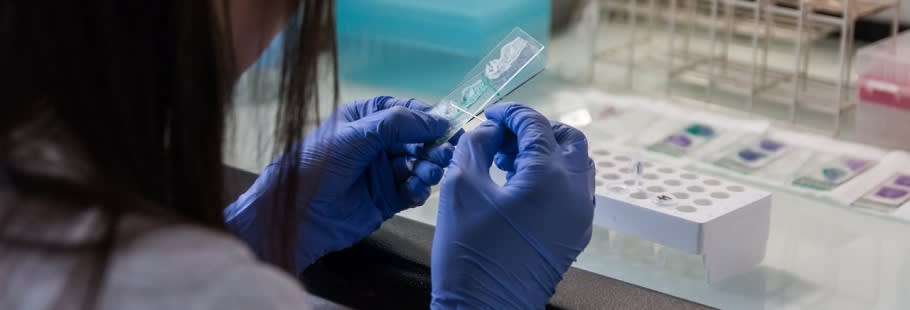Month Four: New Year, New Me, Same PhD
As we enter February (and as I’ve given up on all my personal resolutions by this point), I thought that now would be a good time to reflect on last term and to make some work-related resolutions. Join me on these intentions of self-compassion and focus, to improve your work-life balance and to find help you find joy in the challenges of research.
#1 Recognise the small achievements
Your PhD will have a number of objectives - within science these can be divided into different studies (or series of experiments) which will each be published as a paper. This is one of the main outputs of a PhD, as well as presenting at conferences and writing your thesis. It is easy to focus on these major outputs and miss the small achievements building up to them. Last term I was anxious that I hadn’t generated any data or completed an experiment yet. When sharing this with my supervisor she reminded me of all the hidden steps I had taken towards this goal – undertaking training on equipment I will be using, planning the experiment and reading relevant papers are all activities that increase my knowledge of the topic and get me closer to obtaining results. Small steps in the right direction still take you forward!
#2 Don’t compare your project with other people’s
One of the main criteria of a PhD is to contribute new knowledge to the academic community and complete novel work. By definition that means that no one else is doing the same project as you. All PhD projects are different and will progress at a different pace. Some students spend the first six months completing a literature review, while others go straight into the lab. Some projects will be published as a series of smaller papers, while others will be published as one highly significant clinical trial. It is easy to fall into the trap of comparing your progress with other people’s, but, in my experience, this is never helpful. If your supervisor is happy with your progress then that is all you need to know!
#3 Relax in the knowledge there will be time for everything
As you start to understand your project more, you will undoubtedly have lots of ideas about the directions your work can go in. This is the snowball effect where your project starts slowly (especially when you have to google every word of a paper!) but quickly starts to multiply like a snowball rolling down a hill. At the end of last term, I found myself getting overwhelmed by all the ideas my supervisors and I were discussing. But, it is important to remember that this is a 3 or 4-year project. You will have enough time to pursue all the avenues of your research that you want to.
There are also lots of opportunities during your PhD to get involved in outside your specific project. Remember that a PhD is a training program, and you are there to learn, not just to produce research. Looking at what you want to get out of this time can help you prioritise other training opportunities. For example, last term I did some demonstration work and marking of undergraduate coursework; whilst this is not specific to my project, I have learnt so many transferrable skills I can use both when writing my thesis and in my future career.
#4 Allow yourself time to rest
Our society praises over-working and producing content over resting. This is particularly true in academia when there is always more you can do and there aren’t always set working hours. Prioritising your rest is important. Turning off your work notifications after hours, not checking your emails at the weekend and ensuring you keep your lunch break screen-free are all easy ways to be kind to yourself and to reinstate your work-life balance. My goal this term is to make a conscious effort to allow myself time to rest.
Going forward, I hope that these intentions last longer than the 32 days estimated for the average New Year’s resolution. But, in line with goal #4, I know that when I mess up, I can always try again. Good intentions are for life not just for Christmas!!
Our postgrad newsletter shares courses, funding news, stories and advice

 Continue with Facebook
Continue with Facebook





